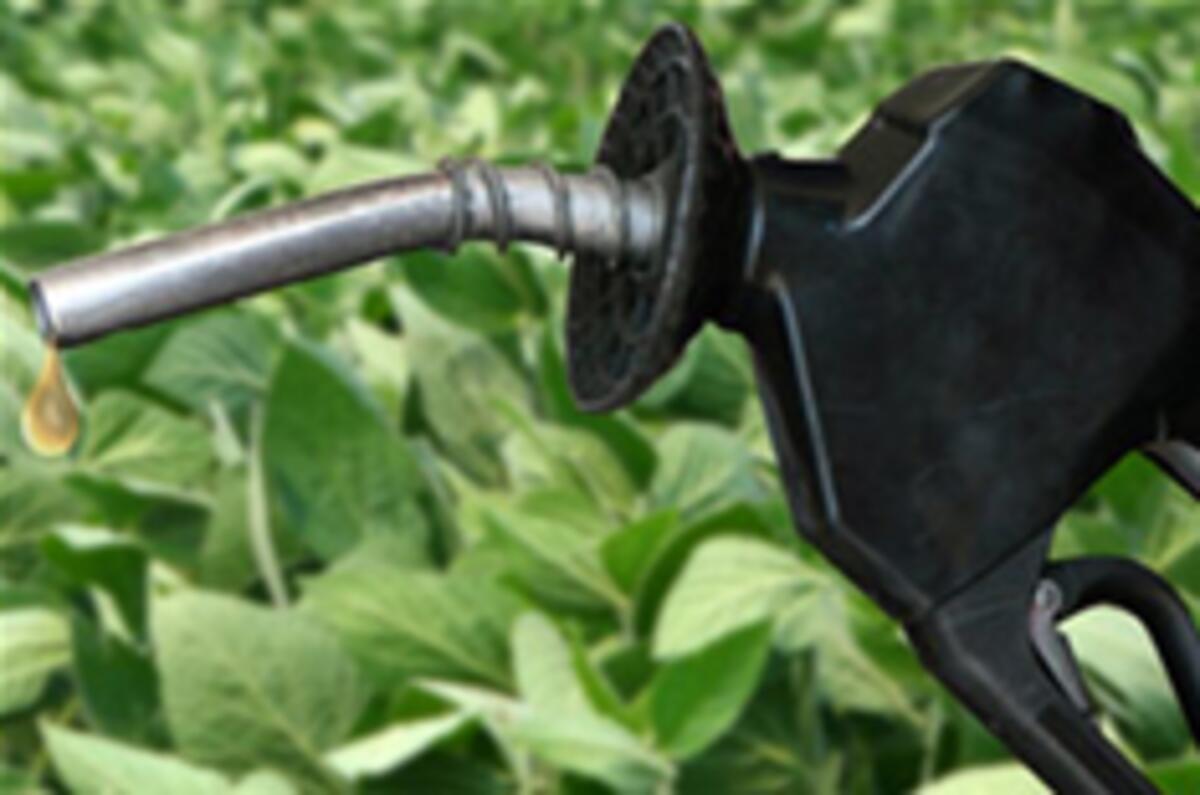All petrol and diesel on sale in the UK must now contain biofuel. The first stage of the British government’s Renewable Transport Fuels Obligation, which comes into effect today, forces fuel suppliers to include at least 2.5 per cent biofuel in all petrol and diesel sold in the UK. This is due to rise to 5 per cent by the end of the decade.
The new law aims to reduce the road transport sector’s CO2 output, but has recently proved contentious with environmental pressure groups who are concerned about deforestation and rising food prices.
The government claims that is is satisfied with the renewability of the UK’s biofuel sources. "The UK has done more than any other country to make sure they are produced sustainably," said Transport minister Jim Fitzpatrick.




Join the debate
Add your comment
Re: Biofuels now in all British cars
Using food biofuels in our cars is genocide. Instead bring in rationing of petrol and diesel.
Re: Biofuels now in all British cars
It would be nice to see some figures. I wonder what percentage of the UK's total CO2 output passenger vehicles make up and of this, what 2.5% is. I would also be interested to know where the UK plan's to source this new fuel and how much CO2 is given out in harvesting, processing it and shipping it above conventional oil.
From an economists' point of veiw, biofuels are really bad news. Most developing countries are net importers of biofuel based commodities. This means they will be diproportionately effected by the rising prices. In fact, the largest exporters of maize are the USA, France and Australia. Sub-Saharan Africa, the Middle East and east Asia are all net importers. Currently 20% of US maize output is devoted to biofuel production. Another sobering fact is that the grain required to fill a 25 gallon SUV fuel tank would feed one person for a year. This wouldn't be such a problem if developing countries could switch agricultural output to meet growing demand, but they simply lack the technology and understanding to do so.